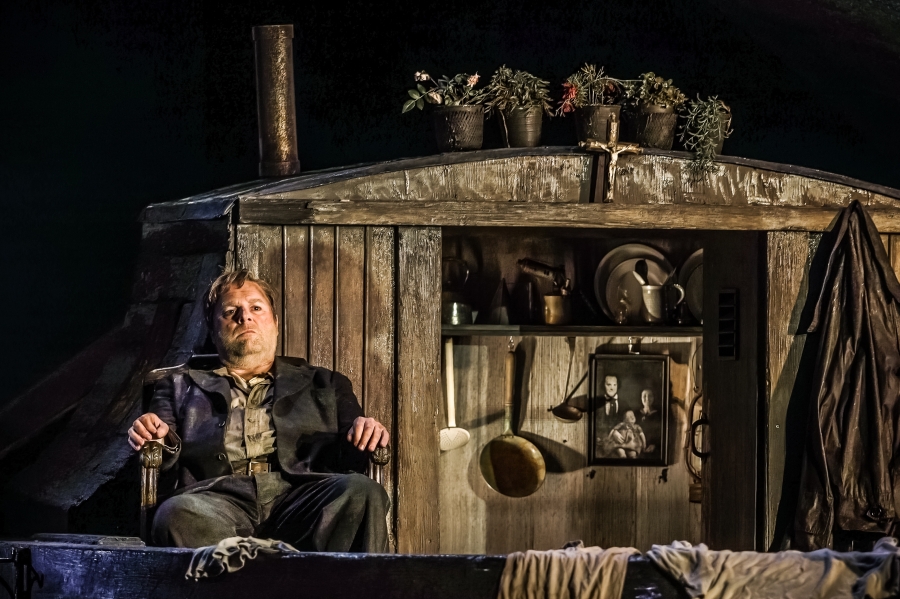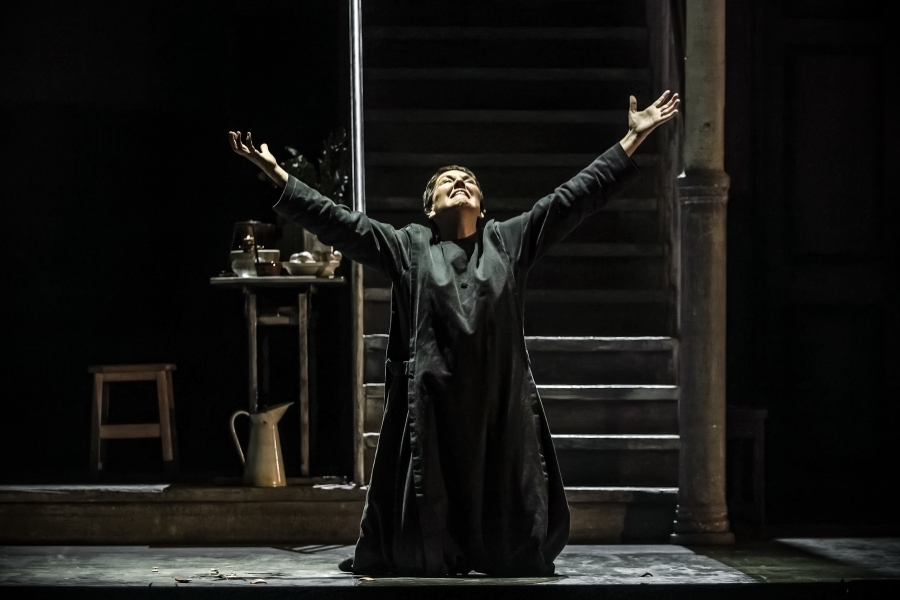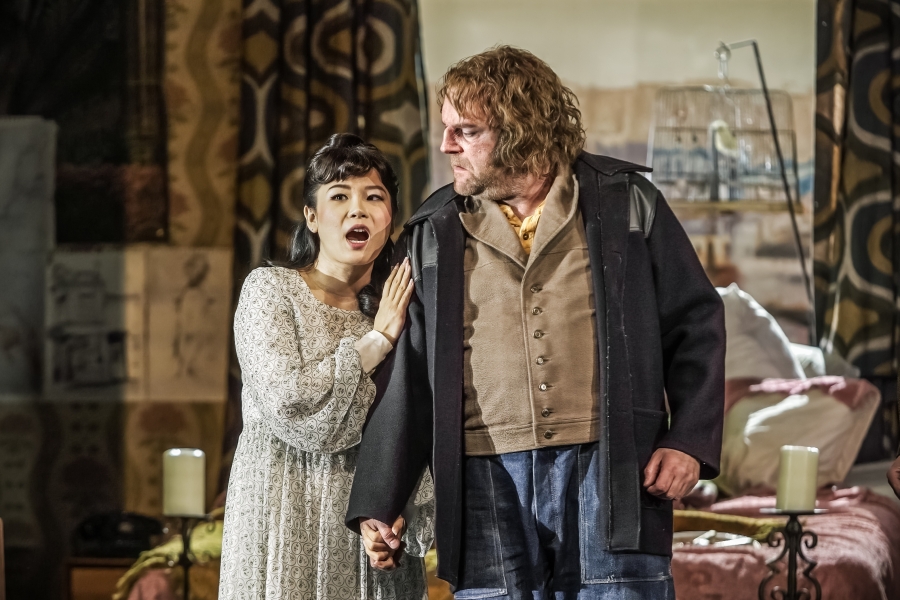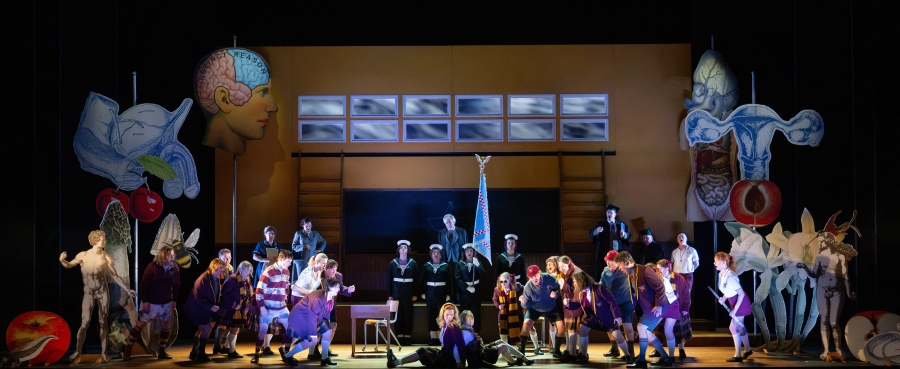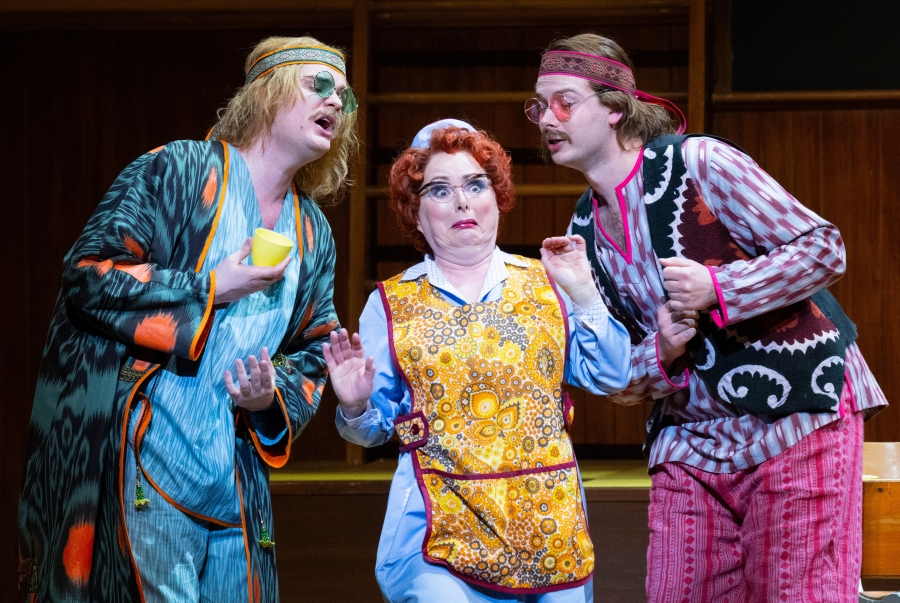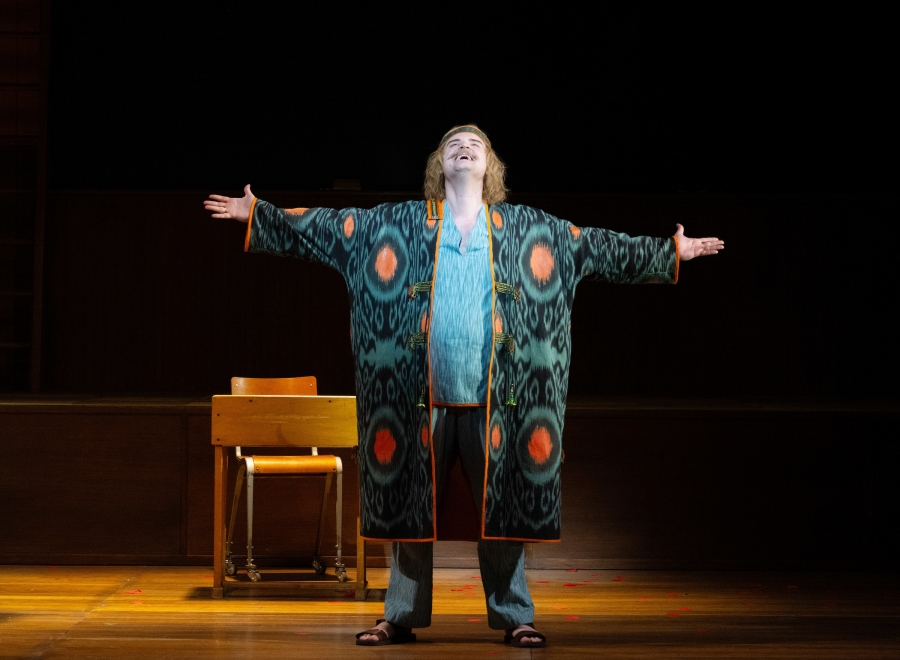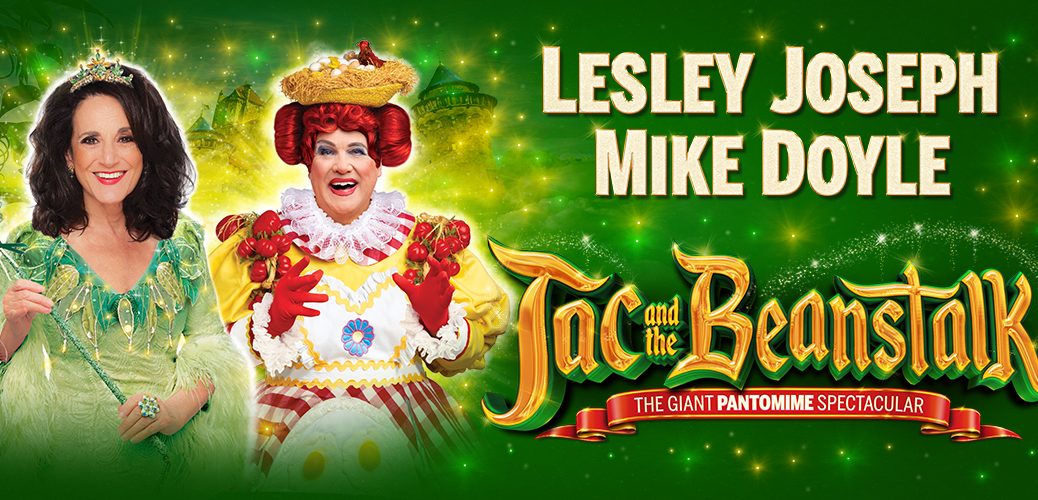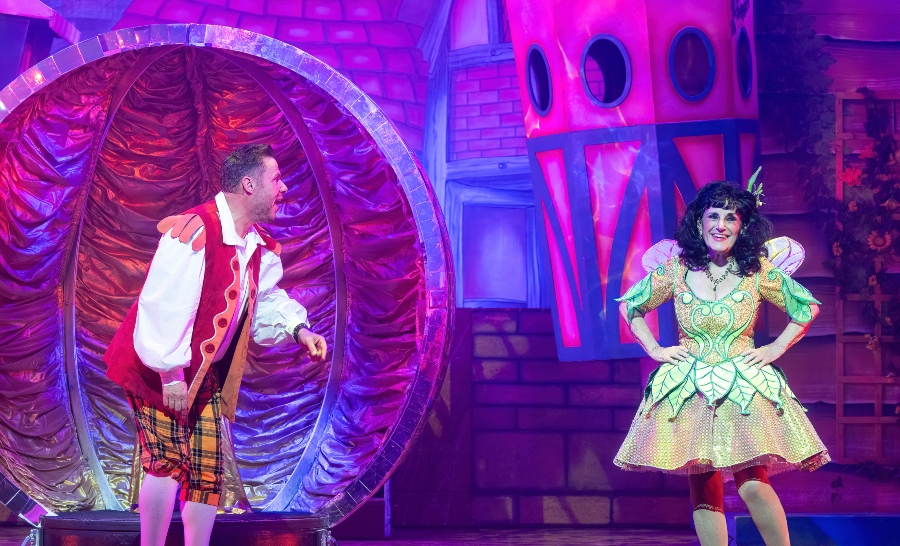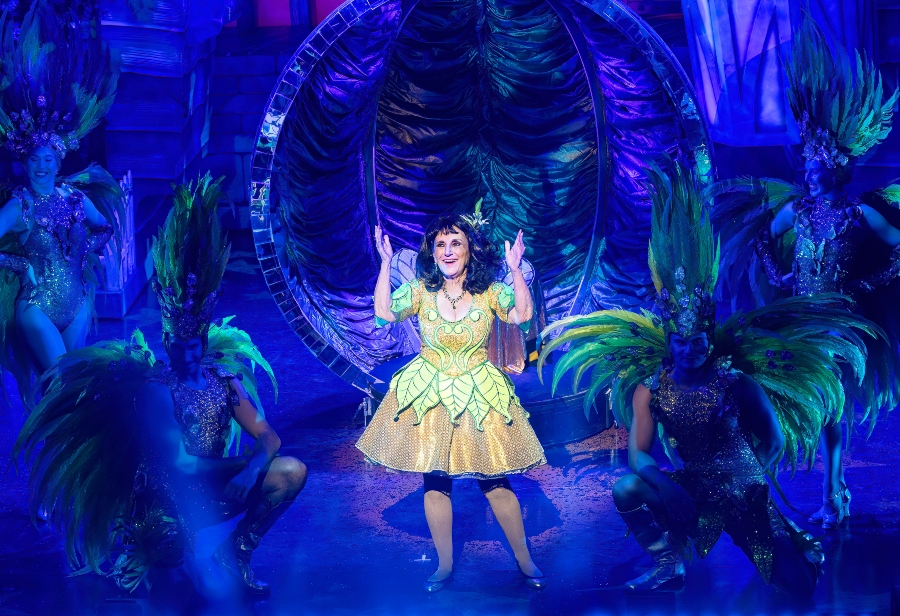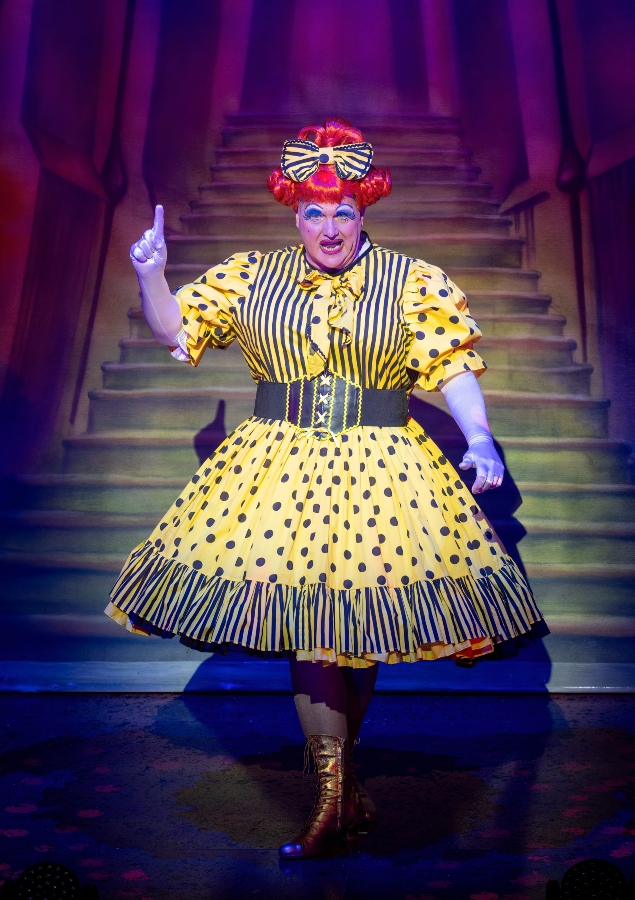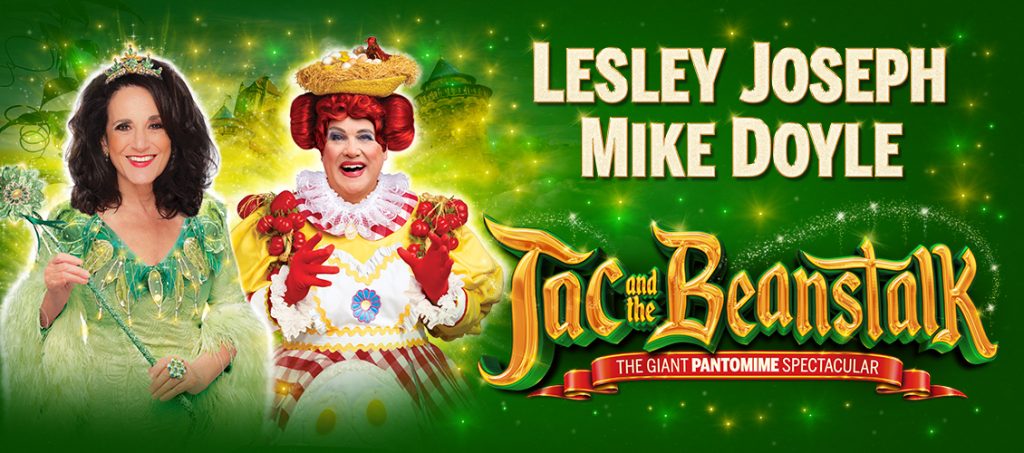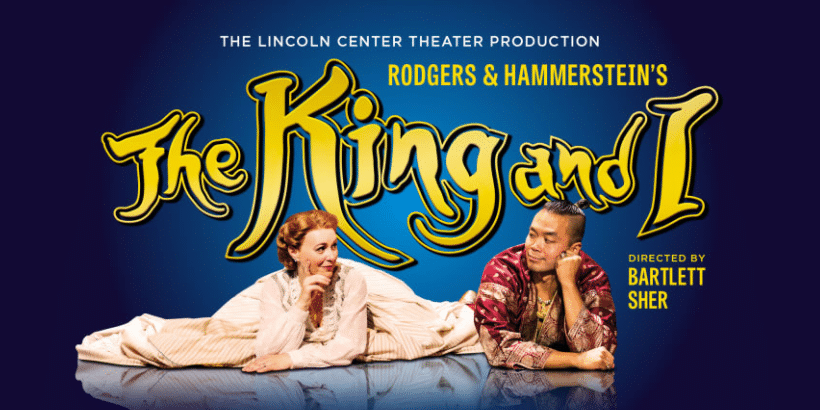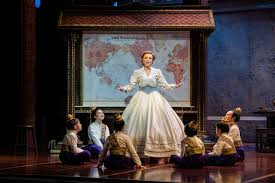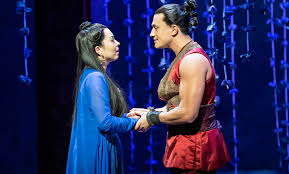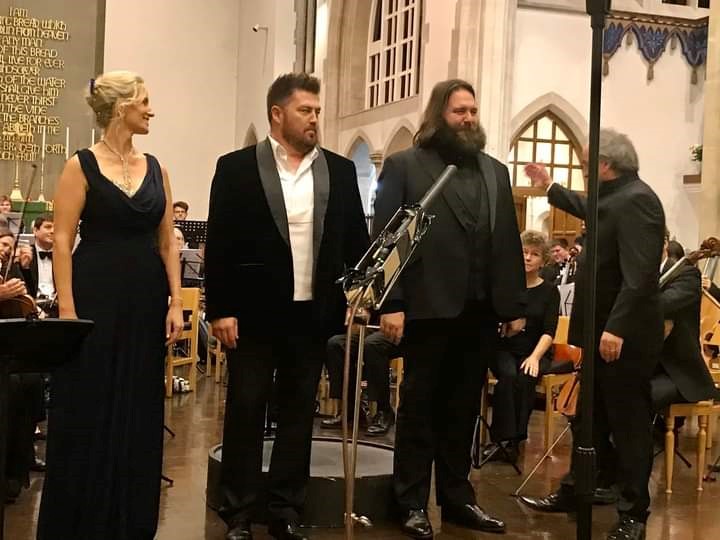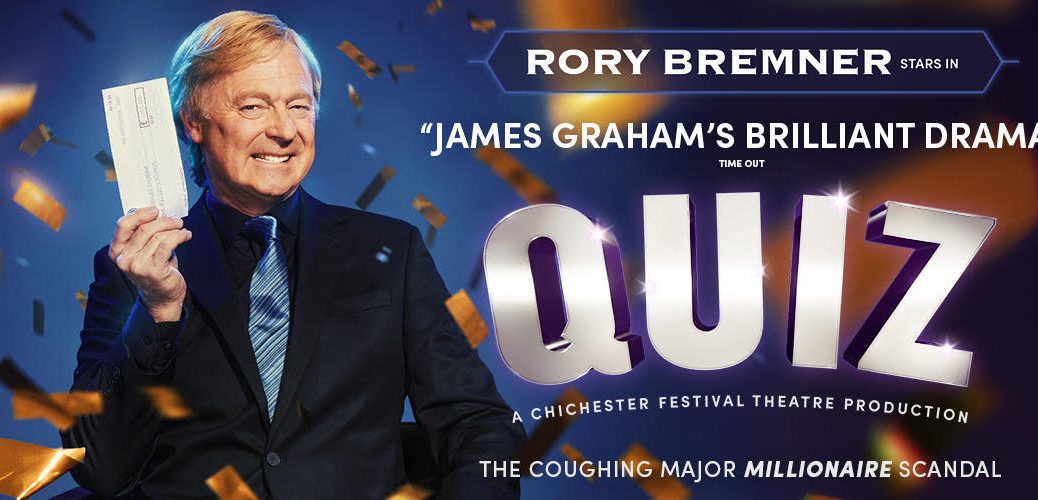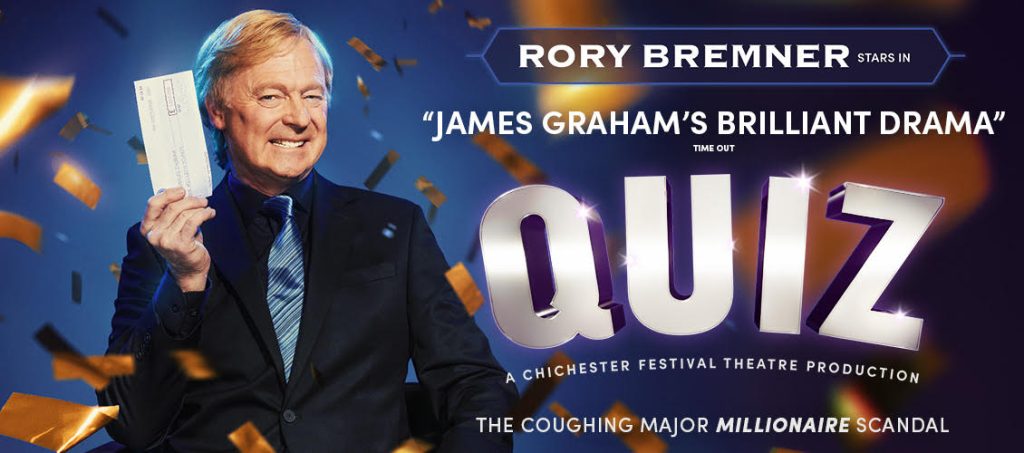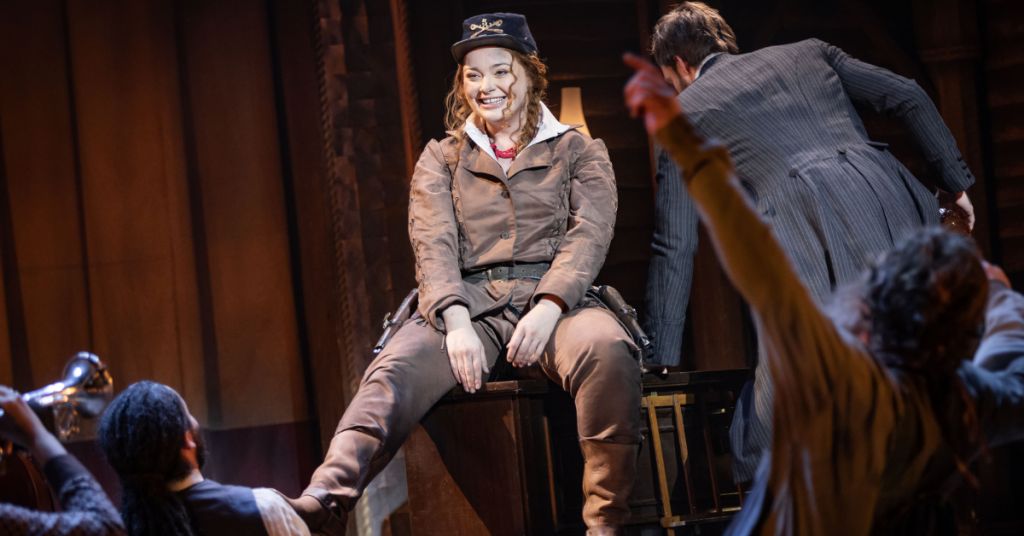
 (3 / 5)
(3 / 5)
A rootin’-tootin’, boot-scooting good time…
For anyone looking for a way to escape the horrors of the 2025 news cycle, may I recommend instead a little excursion to the prairies and saloon bar of Deadwood City in Goldrush-era USA?
The 2025 touring production tweaks the 1961 stage play, based on the 1953 Hollywood smash musical movie featuring the iconic Doris Day and gives it a little bit of a “modern” touch. You may have memories watching Calamity during holidays, or maybe on a Sunday with your grandparents…you may not know *how* you know the “Whip-crack-away” song or the tune to “Just Blew in from the Windy City”, but even if you don’t remember the movie exactly, the 2025 musical will draw you in for its spectacle. From its cowboys and hoe-downs, to the the Americana bluegrass musicians and the vocal powerhouse that is Carrie Hope Fletcher, there are plenty of story, song and dance nuggets to keep you satiated.
We meet Calamity, Wild Bill Hickock and a rag-tag ensemble of Deadwood City saloon-goers at the Watermill Theatre, HQ for the production’s story where Director/Choreographer Nick Winston and Director Nikolai Foster first imagined the world of Calamity in 2014. For this production, the production team have added a few extra songs and lost others synonymous with problematic representation or iconography.
The production does well to navigate some of the awkwardness and “cringe” (to quote my daughter’s favourite phrase) of songs written in an era where men literally imagined the idea, wrote the story, the theme tunes and then staged and directed the show featuring predominantly white men. It’s a bit like watching Little House on the Prairie – it’s almost an absurd parody of the true harshnesses, shocking injustices and brutality of frontier life, but it sure was nice escaping to a fantasy for a few hours. I even enjoyed a song sung by Katie Brown (Seren Sandham-Davies) and Calamity about “A woman’s touch”, where they spruced up the homestead cabin with some tablecloths, patchwork curtains and dried flowers. No trad-wives here though, thankfully – Calamity is whip-smart and there is plenty of sass and energy from Vinny Coyle (playing Wild Bill) and the wonderful Samuel Holmes playing Francis Fryer. Holmes’ comedy chops and comic physicality were a real highlight throughout.
There were some humorous queer-coded moments which the producers could have leaned into a little more during the scenes where Katie Brown moves in and “runs away” with Calamity Jane. It’s a little “nudge-nudge, wink-wink”, but at least this production has a little more diversity than the man-fest that was the original film. The musicians and ensemble cast mingled about freely providing pace and colour to the script, which at times fell a little flat here and there. Being set in the Wild West with a gaggle of blow-ins, the accents did wander a little “off-piste” at times, but anyone whose watched a production of Guys and Dolls will be familiar with accents oscillating between Noo Yoik and Surrey. It’s all good, clean fun and the cast were great sports and had a great rapport. Huge respect (or should I say Yee-Hawwww!) to Richard Lock for his bow-legged shuffling and toothless gurning as “Rattlesnake” – he really looked the part!
Centering the entirety of the production in the same Saloon spot may have made sense, but I did find myself wanting to see more more travel, movement and visual interest in the wider set, which could perhaps provide more of a sense of place of the vast rolling plains and prairies where Calamity roamed. Her stagecoach excursions are brought to life by straddling the saloon pianos and chairs, spinning umbrellas, wheels and the two tapping coconut shells for horses hooves. It’s a nostalgic, good time romp through some of Hollywood’s most enduring musical classics and Carrie Hope Fletcher’s voice is truly beautiful. The production finished with an audience rendition of the Black Hills of Dekota, a hoedown reprise and joyous soft-shoe shuffling, spins (and – spoiler alert – there’s a double wedding). Well it was written in 1953 don’t forget…
There’s plenty of life in Calamity Jane and her musical / film iterations – It would be wonderful to see a Hollywood biopic of the real Calamity. Her letters and diary to her and Wild Bill’s daughter Janey in the 1800s were found to contain a true glimpse of her life and character. The songs only tell part of the story. But in the meantime, the stagecoach, Wild Bill and Calam will be in Cardiff til they “Whipcrack Away” on the March 15th. So if you’re fancying a hoe-down and a Sarsparilla, with the gang you’d better saddle up….

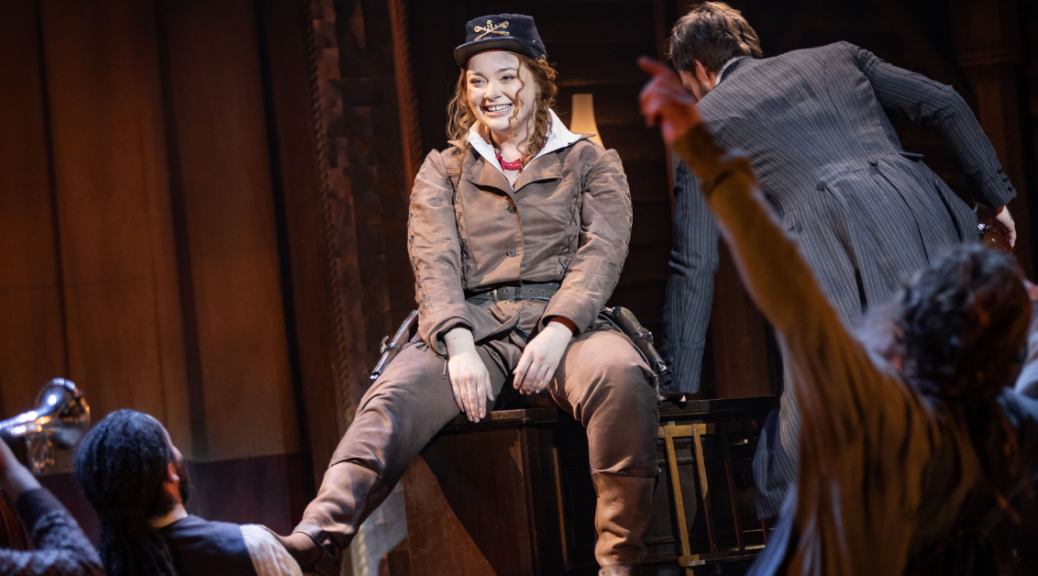

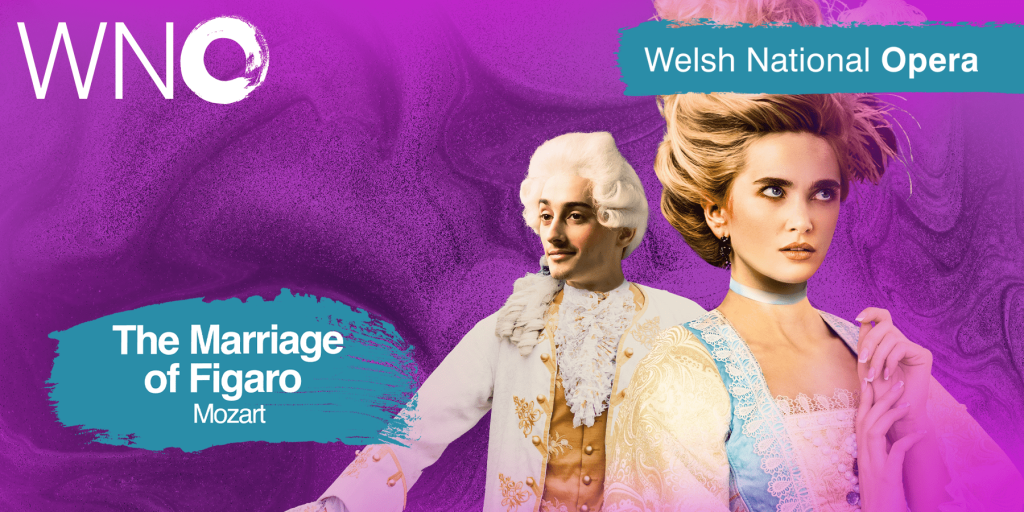
 (4 / 5)
(4 / 5)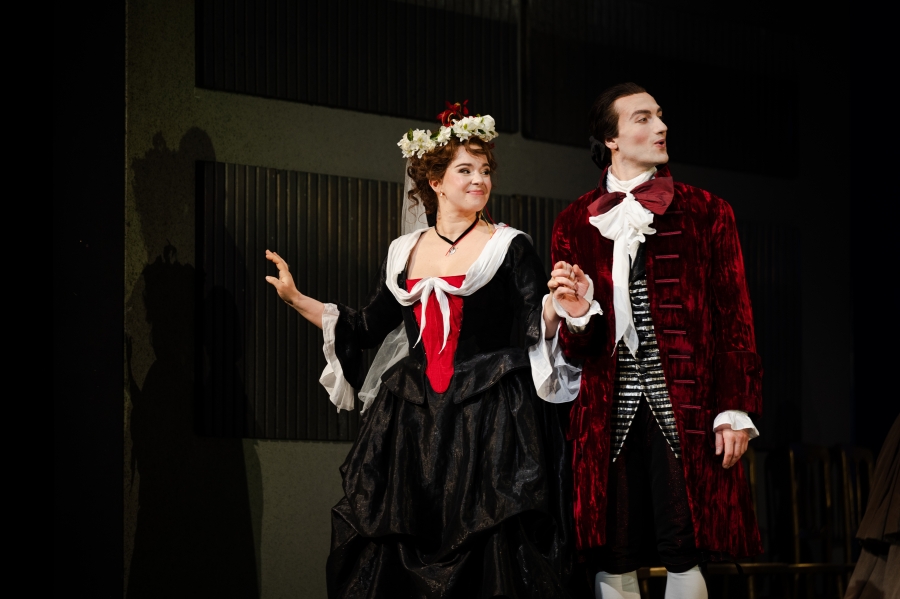
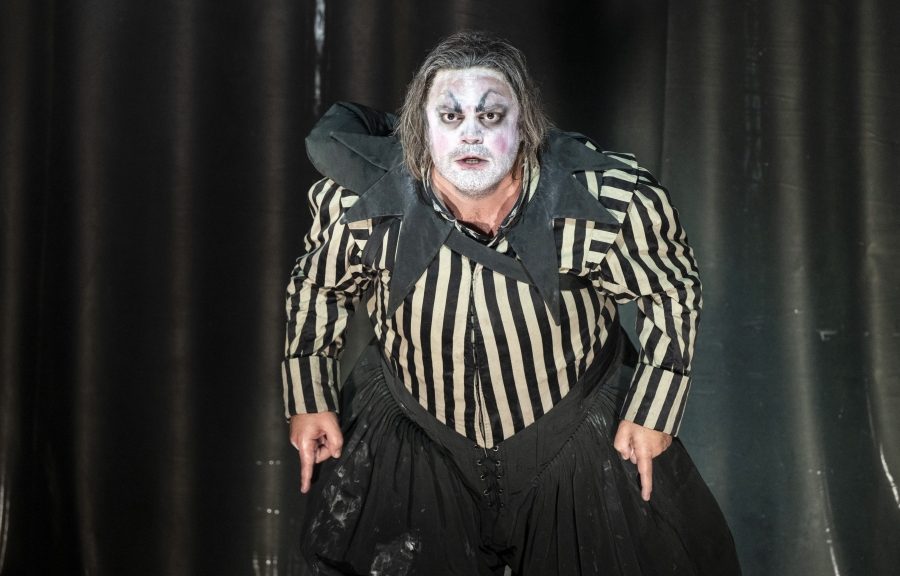
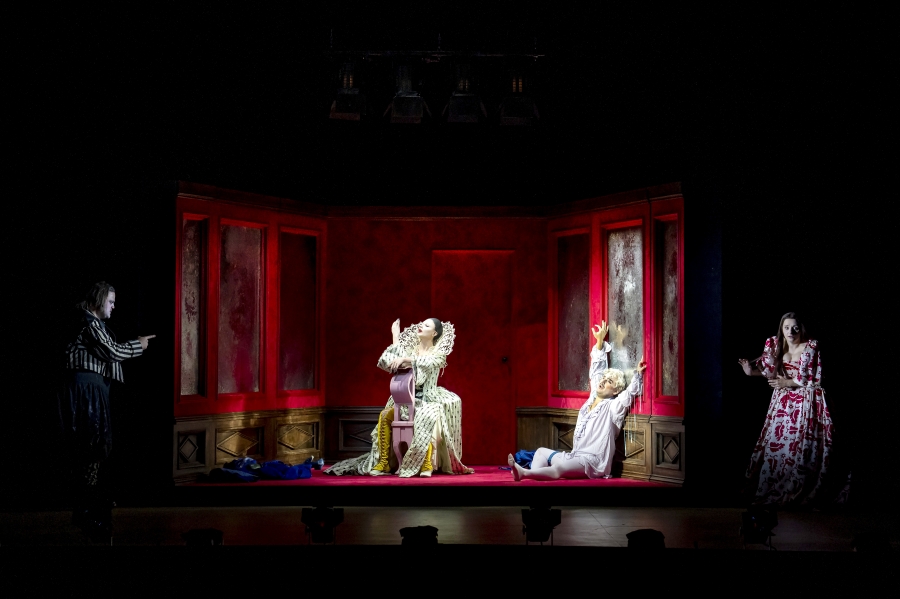
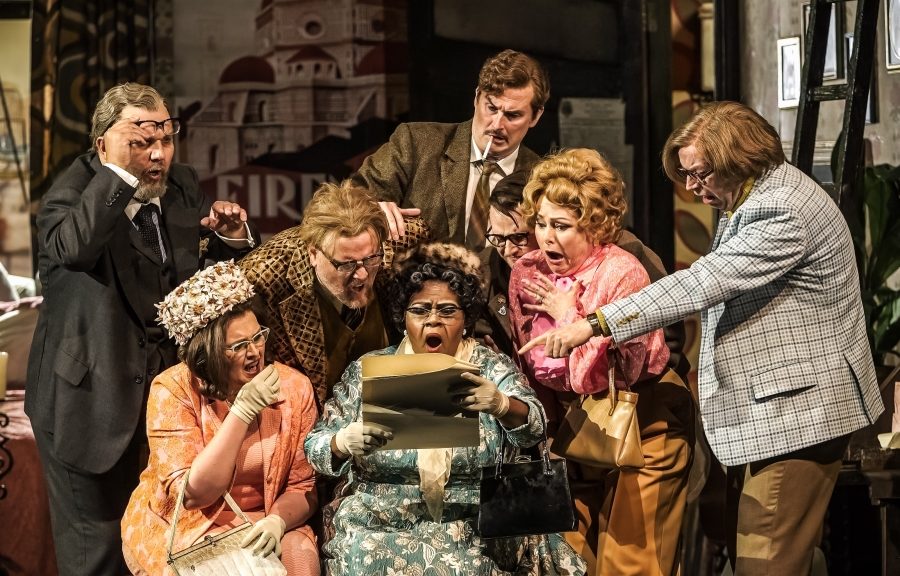
 (5 / 5)
(5 / 5)